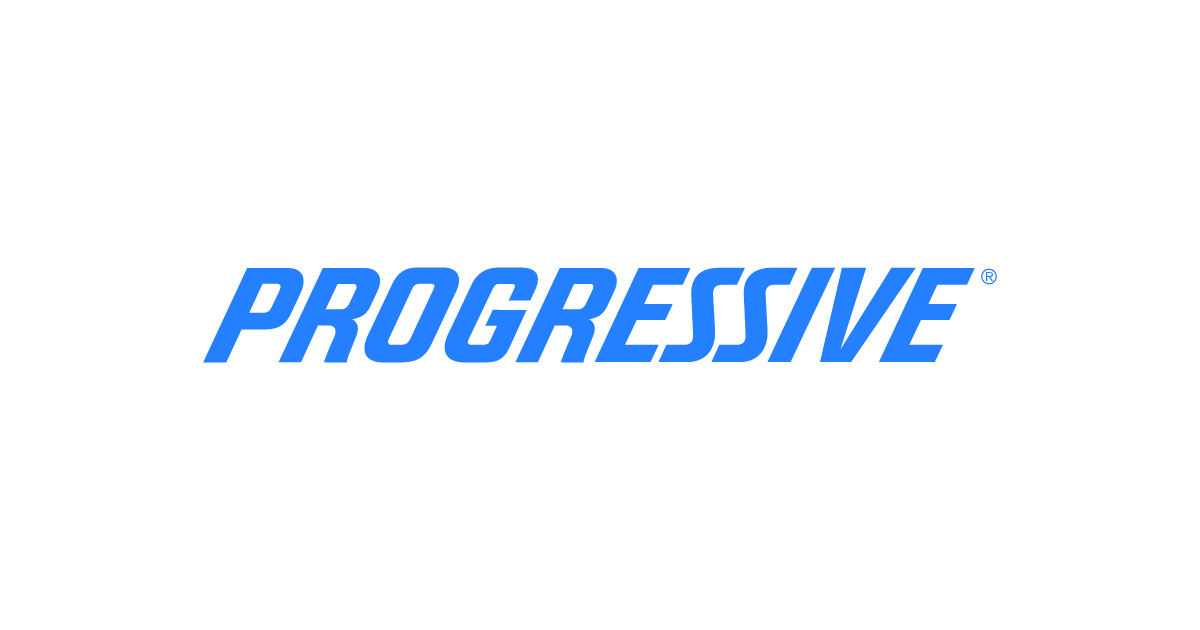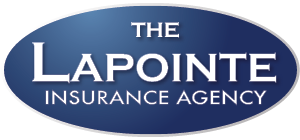
The Progressive Corporation is an American insurance company, the third largest insurance carrier in the United States.

Introducing Your Carrier
The Progressive Corporation is an American insurance company, the third largest insurance carrier in the United States.
Deluxe versus Standard Coverages
What’s the difference?
Most of our carriers offer a value-added insurance package that we call our “deluxe” option. This insurance package includes some extra coverages that you would have to add manually to a standard option.
Watch our video to learn more about the differences between these options, or check out the chart below.
Coverages | Deluxe Insurance Package | Standard Insurance Package |
Dwelling | Included Plus 100% Buffer Coverage | Included |
Coverage for structures such as fences, sheds, and garages. | Included | Included |
Coverage to repair or replace your belongings. This includes your electronics, furniture, clothing, jewelry, and much more. | Included for Replacement Cost Value | Included |
Pays for you to live elsewhere in case of a fire, etc and you can’t live at the location. This money can be used to live somewhere while it is under construction due to a covered claim. | Included | Included |
Coverage in case you are held responsible for bodily injury or property damage. This includes payments for medical bills, legal representation, and other legal fees. | Included | Included |
Water Backup | Included | Not Included |
With replacement cost coverage, you can expect payouts equal to the price to replace your damaged property in today's market. | Included | Not Included |
Extended Dwelling Coverage Extends your dwelling coverage by 50%, in case the cost to rebuild your home is higher than your dwelling limit. | Included | Not Included |
Dwelling coverage for both packages is based on Replacement Cost. This value is the estimated amount it would cost to rebuild your home. The deluxe package offers a 100% buffer, in case the cost of materials and labor is more than the estimated amount.
Personal property is your personal belongings, (TV, couch, clothes, jewelry, etc.). With the standard home insurance policy, your personal belongings are covered to their current depreciated value. If you decide to opt for the deluxe policy, you also get replacement cost. So, if a 10-year-old couch goes up in a fire, you get paid for a new one.
- Any items higher than normal value of $2,500, (for example, a $10,000 engagement ring) would have to be “scheduled” on the policy. To do this, we’ll need a recent appraisal (within 2 years).
Personal Liability Coverage protects you in case someone slips and falls, or other bodily injury claim arising from your home. Both standard and deluxe options offer $500,000 of coverage.
Frequently Asked Questions
In the event of an insurance claim, the deductible is the amount that a policyholder must pay before the insurance company begins to pay.
We recommend that you choose the highest deductible that you can afford out of pocket. Having a higher deductible can save you money on your policy and can alleviate the need to file small claims.
Note: Some quotes will include a separate, higher deductible for hurricane damage and/or windstorm damage to your home. Typically, this deductible is a percentage of the dwelling coverage. For instance, if your dwelling coverage is $200,000 and you have a 2% hurricane deductible, you would be subject to a deductible of $4,000 in the event your home was damaged by a hurricane. For more information, ask your sales representative for more information.
When it comes to paying your home insurance, you may have some options available to you. The most common way your home insurance may be paid is through an escrow account, which comes out of your mortgage payment. With an escrow account, your home insurance is often included in your closing costs.
As well, you may be able to pay your insurance directly in monthly or yearly installments.
Click here to learn more about escrow accounts and other payment options.
You’re probably familiar with a home’s market value. But when it comes to insurance, a home’s rebuild value is much more important.
A home’s rebuild value includes the costs for all the materials and labor to replace your home. On the other hand, market value is based on buyer perceptions of what a property is worth. This factors in the location, the land, and the home’s proximity to desirable places. These factors don’t necessarily impact a home’s rebuild value.
Carriers reserve the right to choose which liability risks they are willing to take. Because of this, certain carriers will not insure you if you own a certain dog breed.
The good news is that as an independent insurance agency, we can find you the right fit for your budget and your furry friend.
Truthfully, an insurance policy is not designed to protect you from problems that stem from wear and tear, structural problems, maintenance issues, or other problems not discovered during a home inspection. Insurance typically only covers issues that stem from sudden and accidental damages.
On the other hand, a home warranty is designed to protect you from these expected maintenance problems and normal wear and tear.
Together, home systems protection and a home warranty can protect you from both expected and unexpected damages that may occur in your home.
Here’s a list of some of the most common causes of loss that your home insurance covers.
- Windstorm and hail
- Explosion
- Riot and civil commotion
- Impact from aircraft
- Impact from vehicles
- Smoke
- Vandalism and malicious mischief
- Theft
- Falling objects
- Weight of ice and snow
- Glass breakage
- Accidental electrical damage to appliances (caused by power surge)
- Water damage caused by spontaneous burst pipe or appliance overflow.
- Frozen plumbing
Here are some common causes of loss that are not covered by a standard home insurance policy.
- Flooding – Requires a separate insurance policy.
- Water backup – Requires a home insurance endorsement
- Service lines – Requires a home insurance endorsement
- Earthquakes
- Termites, rats, bed bugs, infestations
- Mold
- Sinkholes
- Maintenance issues
- Intentional damage
- Any damage to vacant homes (30 to 60 days)
A Note About Home Insurance Inspections
Every insurance company holds the right to inspect your home after the policy is issued. They may call, or they may stop by to do an interior or exterior only safety inspection of the property.
If there are any safety concerns, home improvement needs, extensive renovations, or issues with vacancy over 30 days, we’ll address them after the inspection.
Click here to learn more about what to expect from a home insurance inspection.
Supplement Your Home Insurance

Ask your agent about these ways to maximize your coverage – and savings!
Flood Insurance
Protects you from property damage caused by floods. Regardless of how close you live to a flood zone, you may still be at risk of unexpected flooding.
Umbrella Insurance
Protects you from claims that extend beyond the liability coverage limits of your home, auto, renters, boat, or other personal liability policies.
Home & Auto Bundle
Sometimes the best way to save on your home and auto insurance is to bundle them together.
Personal Property Floater
Covers items valued over $2,500. For example, a $10,000 engagement ring would need to be "scheduled" to your policy in order to get full coverage.



